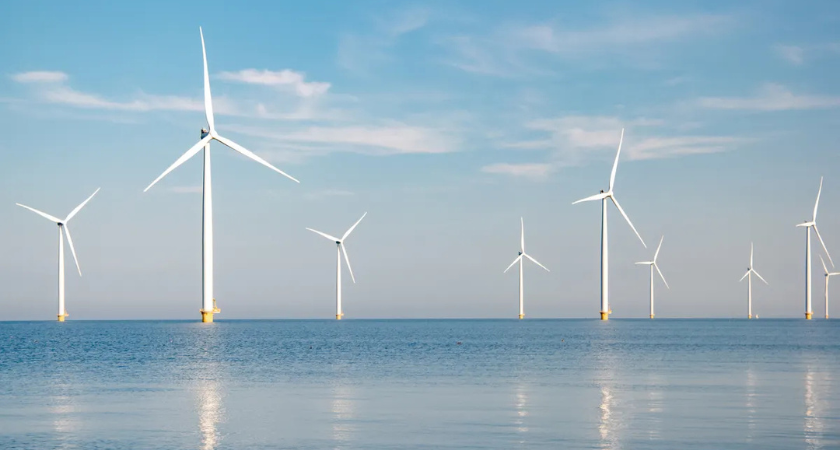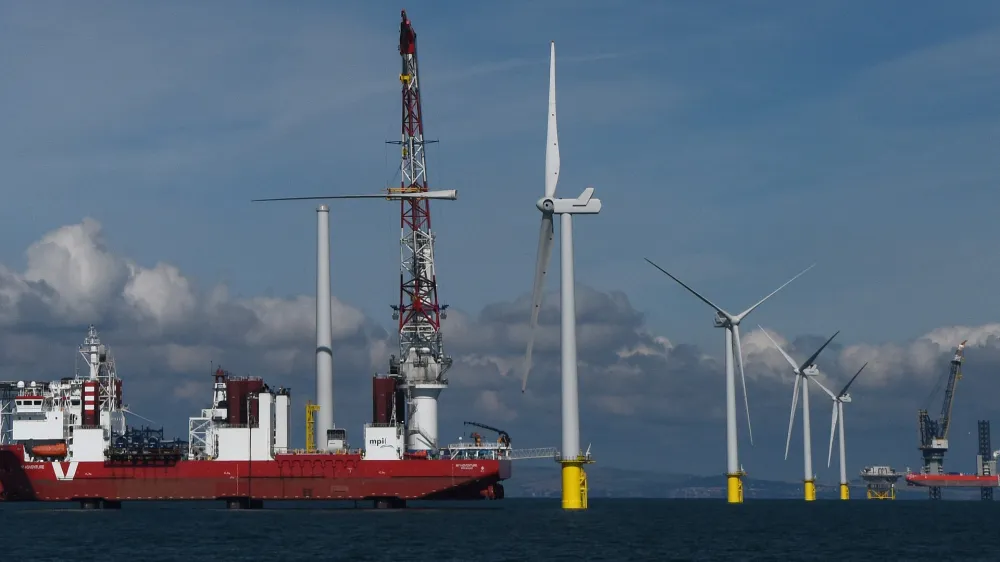
Construction on the 700-MW Revolution Wind offshore project off the coast of Rhode Island will restart after a federal judge ruled in favor of the developers and issued a preliminary injunction against the Trump administration’s stop work order.

In his Sept. 23 decision, U.S. District Judge Royce Lamberth of the District of Columbia wrote, “Revolution Wind has demonstrated likelihood of success on the merits of its underlying claims. It is likely to suffer irreparable harm in the absence of an injunction … maintaining the status quo by granting the injunction is in the public interest.”
The ruling blocks the Bureau of Ocean Energy Management (BOEM) from enforcing the August order that forced the project to pause. BOEM had cited national security and maritime use concerns as the reason for halting construction, pending a broader federal review of offshore wind development initiated by President Donald Trump’s Jan. 20 executive order.
Ørsted, which jointly owns the project with Global Infrastructure Partners’ Skyborn Renewables, welcomed the decision. “The ruling will allow the project to restart impacted activities while the underlying lawsuit challenging the stop-work order progresses. Revolution Wind will continue to seek to work collaboratively with the U.S. Administration and other stakeholders toward a prompt resolution,” the company said in a statement.
Judge Lamberth reinforced the urgency of the matter during a hearing, noting, according to Reuters, that if Revolution Wind “cannot meet benchmark deadlines, the entire project could collapse … There is no doubt in my mind of irreparable harm to the plaintiffs.”
The project is already 80% complete and remains on track for a 2026 commissioning date, when it will begin delivering renewable power to customers in Connecticut and Rhode Island.

Legal challenges have mounted against the administration’s halt. Earlier this month, the attorneys general of Connecticut and Rhode Island filed a lawsuit, arguing that the federal government “arbitrarily reversed course and issued a Stop Work Order without explanation … despite the States’ and others’ deep reliance interests.”
BOEM defended its position in the original order, saying it needed time to address “concerns related to the protection of national security interests of the United States and prevention of interference with reasonable uses of the exclusive economic zone, the high seas, and the territorial seas,” according to acting director Matthew Giacona.
In its court filings, Revolution Wind countered that the agency was acting under political influence. “The nearly ten-year environmental and safety review process spanning three presidential administrations concluded that Revolution Wind’s project should be permitted to go forward under all statutory and regulatory review requirements,” the developers said. “Yet, after the Presidential Memorandum and the statements of various members of the Administration, Interior and BOEM changed their mind and issued the Stop Work Order.”
The injunction represents a critical step for the offshore wind industry, which has faced regulatory and political headwinds despite strong state-level backing. For Ørsted and its partners, the decision ensures that a nearly decade-long investment in permitting, environmental review, and construction can continue without further costly delays.
Originally reported by Diana DiGangi in Construction Dive.